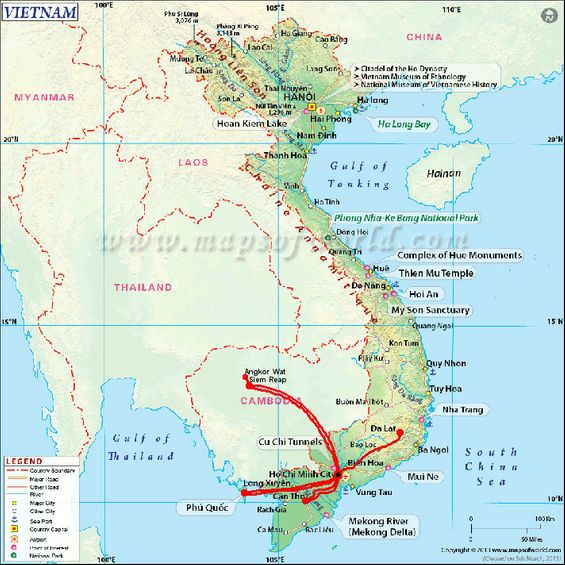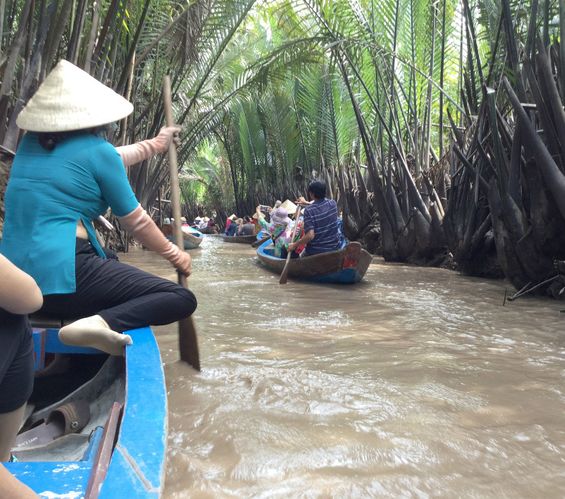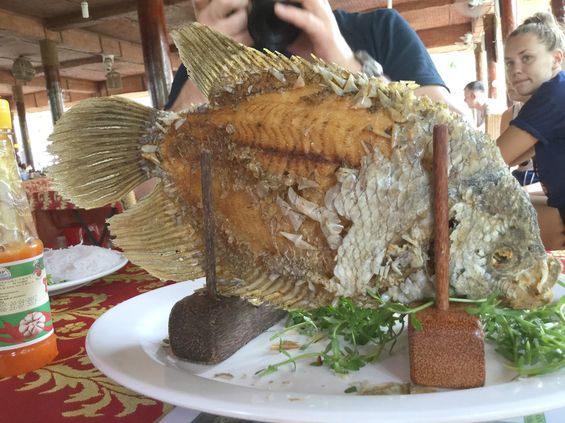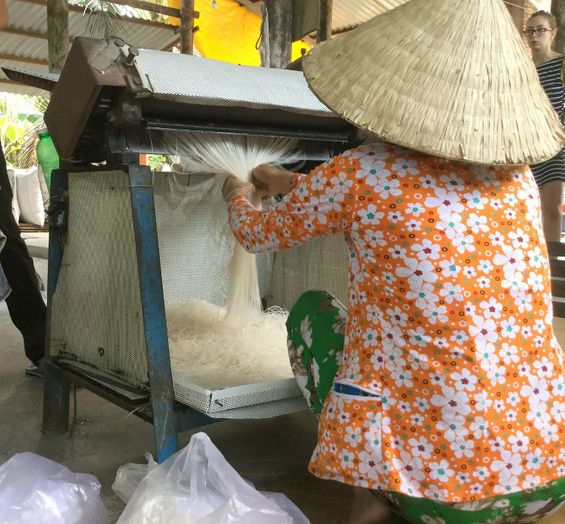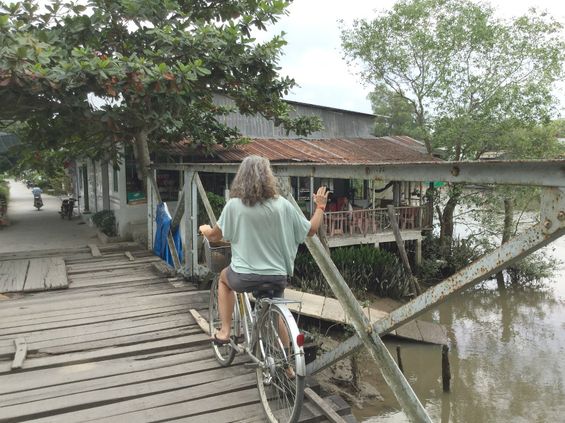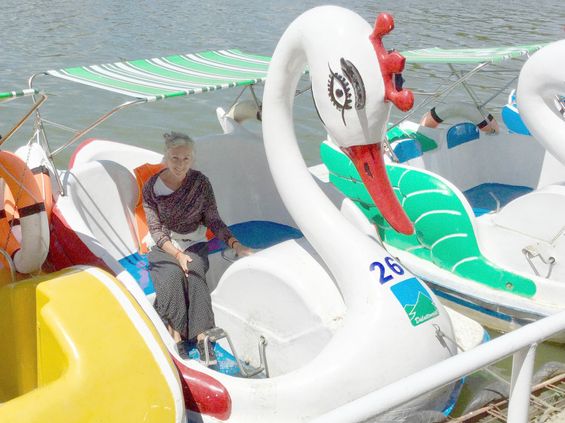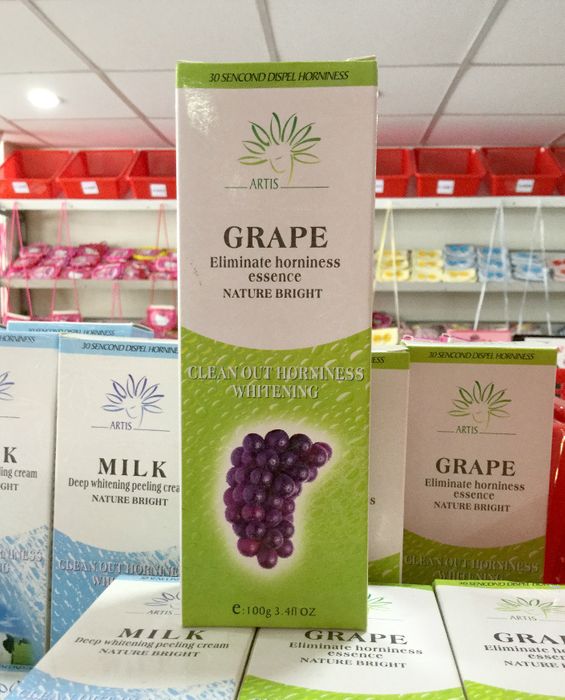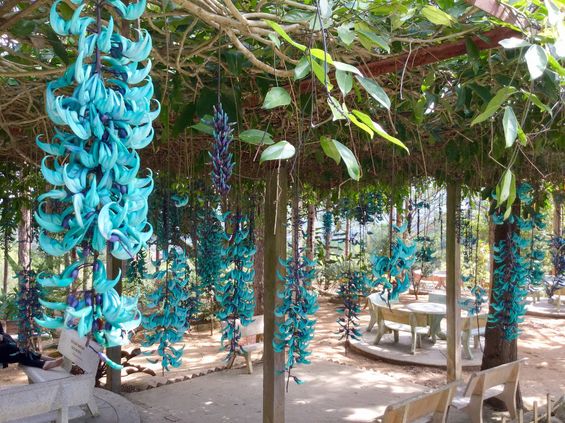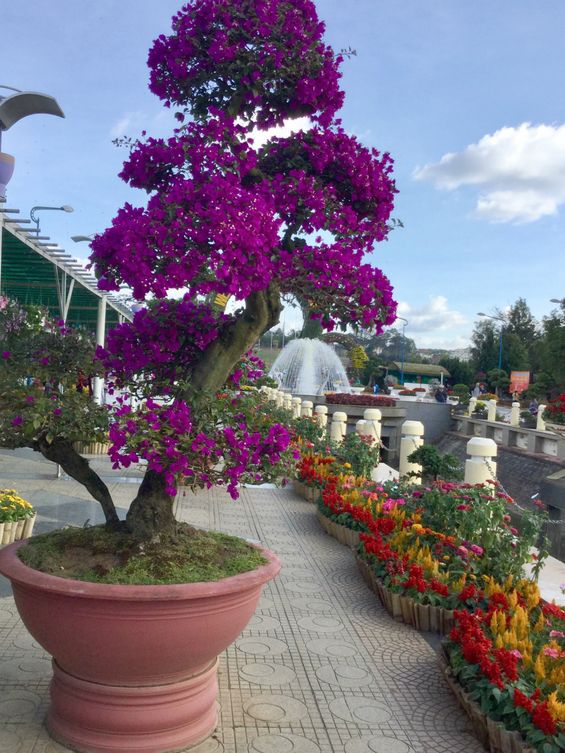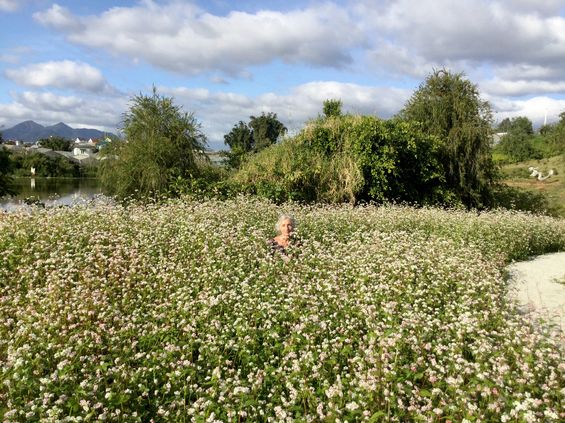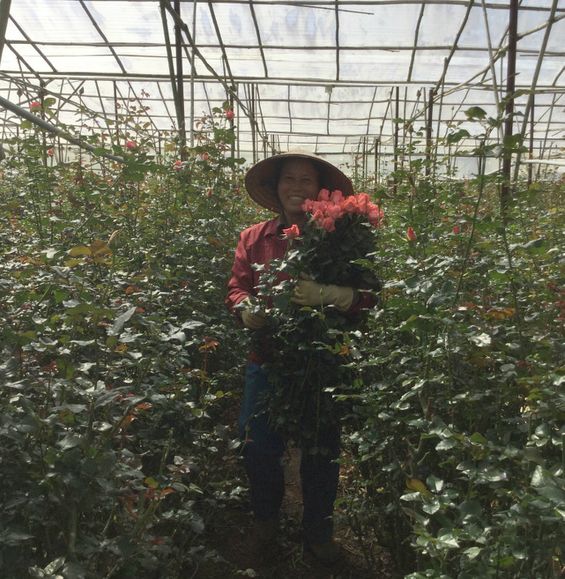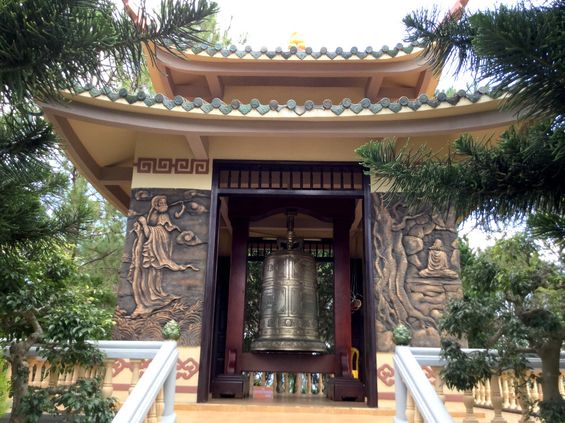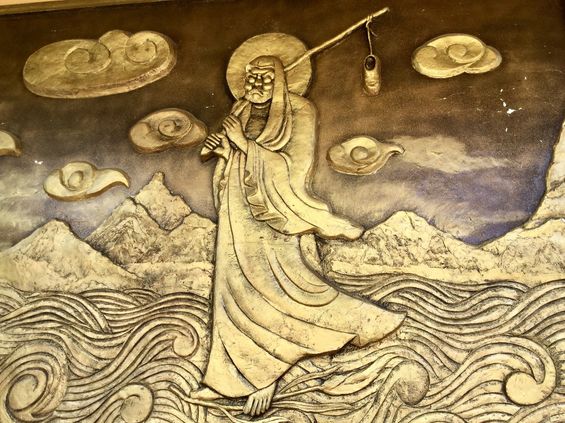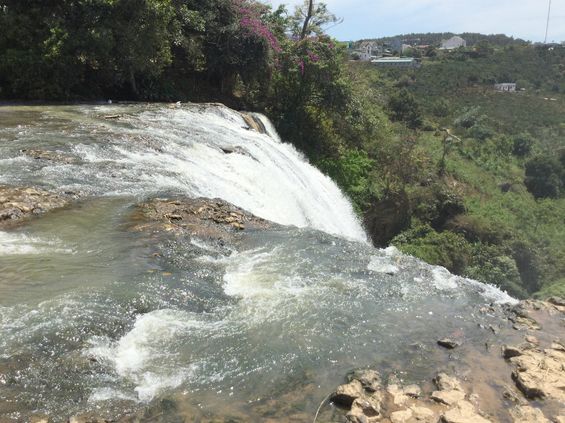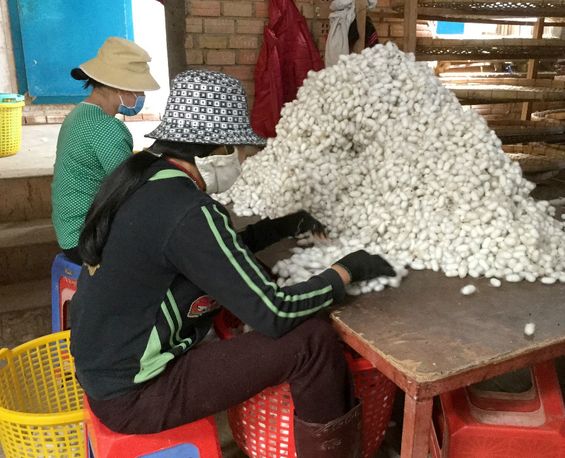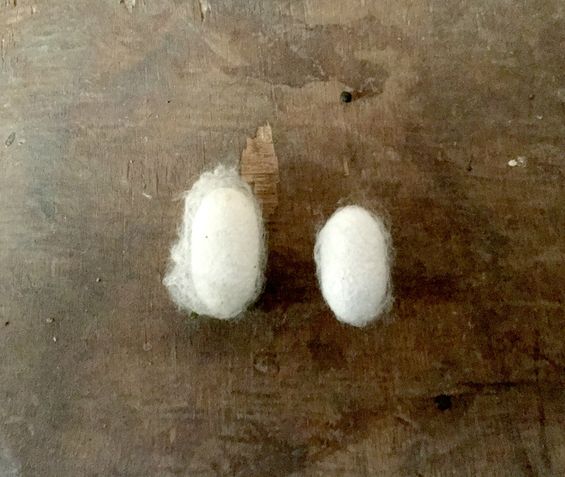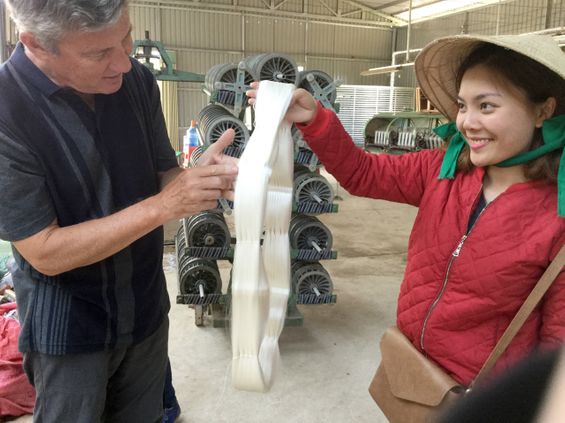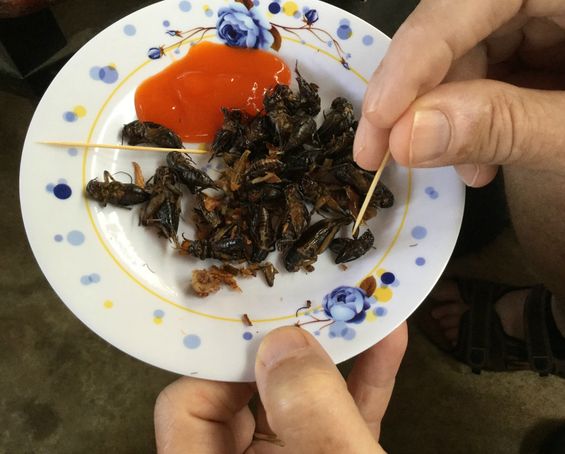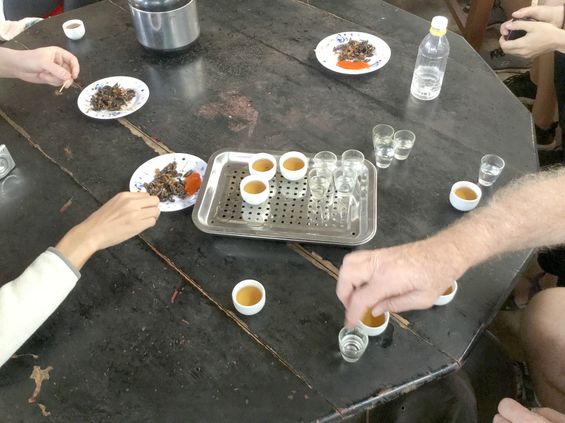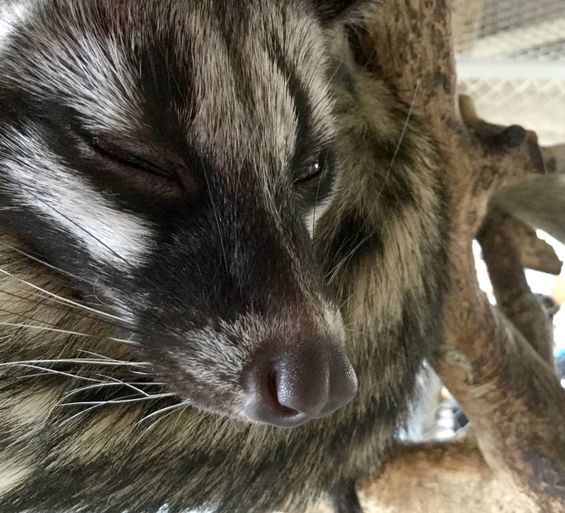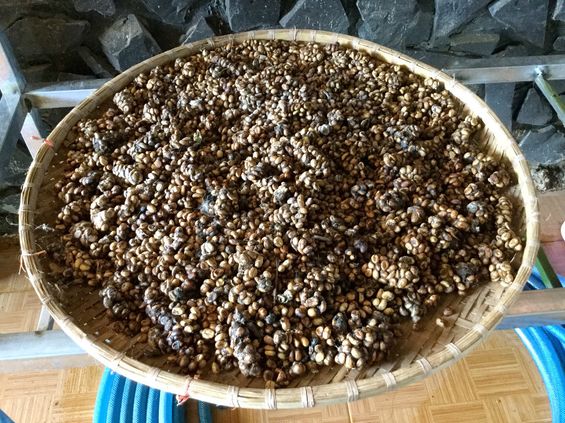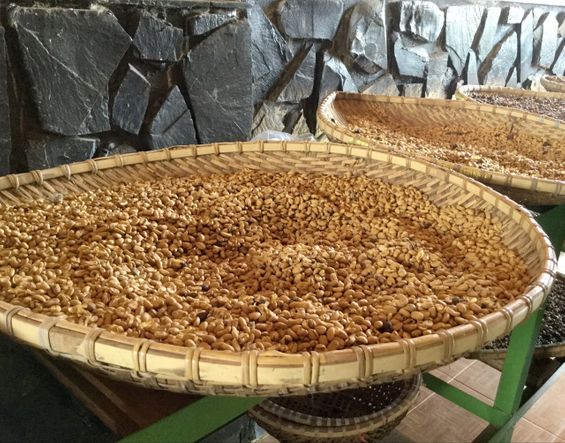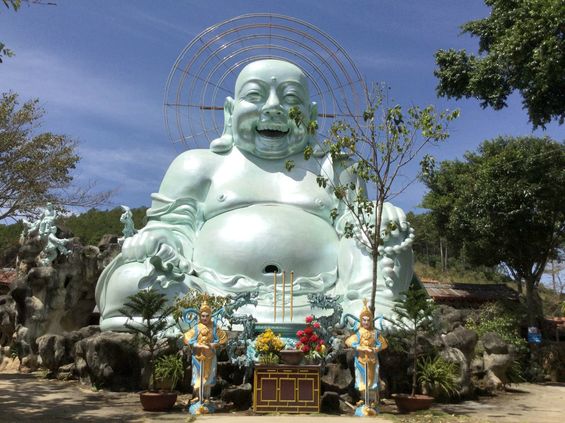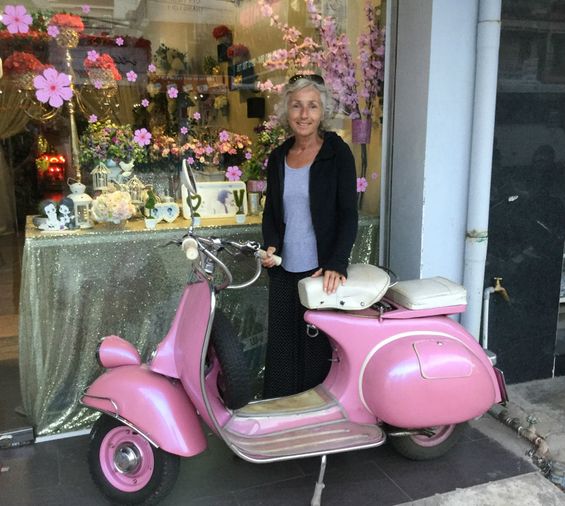Vietnam: Feb. 2017
Returning to Saigon (Ho CHi Minh City) after Siem Reap, we travelled south into the Mekong Delta for a couple days, then north into the cool of highlands at Dalat.
The Mekong delta is a water world that is the rice bowl of Vietnam. Its 'innumerable rivers, canals and streams criss-cross the landscape like arteries.'
Floating market on the Mekong River. These larger boats are wholesalers that sell only wholesale quantities of their produce to the swarm of smaller boats that drive up to bargain. You can't go up and buy just one watermelon...
The Mekong and all the smaller waterways and fish farms produce an extraordinary amount of fish. Here was an elephant ear fish we (with a couple other people) had for lunch one day.
An equally extraordinary quantity of rice is grown in the Mekong delta. For variety, some of the rice is ground up and cooked with tapioca into a thick glue which is spread out and dried into gigantic flat crepes. These are then run through something like a paper shredder to produce thin rice noodles which are eaten in soups found everywhere for every meal.
Biking along a small stream in the Mekong delta.
Dalat is in the cool highlands in central Vietnam. The farms here grow strawberries and flowers instead of rice and fruit. This town is the honeymoon capital of Vietnam where its impossible to go for a day without seeing a few newly-minted couples getting their wedding pictures taken and dozens of young newly-weds taking innumerable selfies. Naturally, you can also rent a swam to paddle around in the town's central lake.
Here's an exciting new product we found in Dalat's Dollar store. It was worth a second trip back to work through the tortuous translation that seemed to indicate that this was a skin cream for making skin smooth and soft (and bleached a lighter colour).
Dalat is famous for flowers.
There are bonsai trees everywhere, too. Shops, guesthouses and homes often have several - all meticulously maintained.
Some open spaces are turned into fields of flowers.
Long-stem rose farm - 20 for US$1.
Zen temple outside of town, accessed by cable car.
Bodhidharma, the first Chan patriarch ('Chan' turned into 'Zen' when it migrated to Japan). This was a larger than life-size wall sculpture,covered in gold.
Monastery waterfall.
Silk is produced in this area of Vietnam. The silk worms are fed mulberry leaves, and their cocoons are collected.
Some silk worms are lazy and just cuddle up beside one of their hard-working siblings. The hard-worker then has to spin a cocoon around both of them. This makes for thinner, lower quality silk strands.
The cocoons are boiled, which kills the silk worms and loosens the silk threads. Someone manually finds the loose end of the cocoon (cocoons are spun from the outside, inwards), and the cocoon is rapidly unravelled. A single cocoon is made of a silk strand that is about 1km long(!), and seven of these thin strands are spun together to make a final silk thread.
A skein of finished silk thread, which costs about US$25/kg right now at the silk factory we visited.
We visited a cricket farm - crickets are raised as a high-protein food source.
They are roasted up and served as a snack. In Belgium they now make burgers out of crickets.
To increase the likelihood that the guests will actually eat the crickets, a distilled rice liquor (about 90 proof) and tea are provided!
Another fun food choice is Weasel Coffee. These darling little beasts are kept around and fed as many of the coffee fruit as they can eat. Weasels apparently never received the parental instructions to chew their food, so they swallow the fruit, seeds (our coffee beans) and all. The seeds are then, errrhhh, 'sorted' from the resulting weasel poop.
Weasel coffee beans: before....
... and after cleaning. The beans are then roasted and produce a remarkably flavourful, non-bitter coffee!
Happy Buddha.
Roxanne's favourite scooter.
